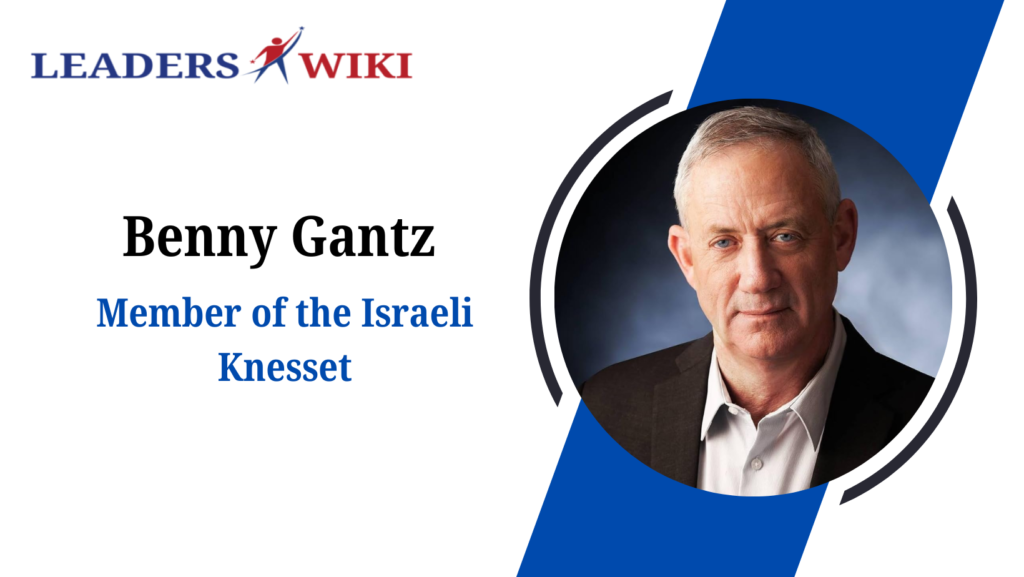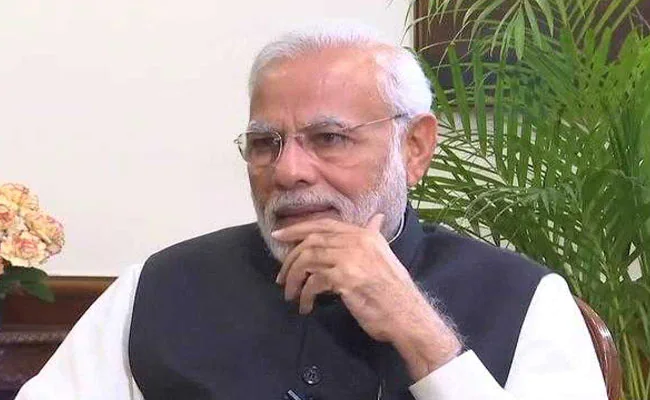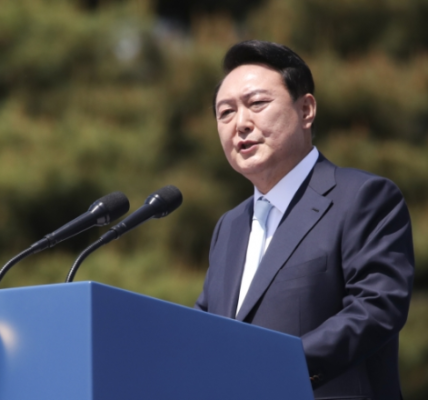Early Life and Military Career
Benny Gantz was born on June 9, 1959, in Kfar Ahim, Israel, a cooperative agricultural community established by Hungarian-speaking Jewish immigrants, including his parents, Malka and Nahum Gantz. Kfar Ahim was built atop a Palestinian village destroyed in the 1948 Arab-Israeli War, which provided Gantz with a nuanced understanding of Israel’s complex history and geopolitical challenges from an early age.
In 1977, Gantz enlisted in the Israel Defense Forces (IDF), joining the Paratroopers Brigade. By 1979, he had graduated from the IDF officer school and was appointed as a company commander in the brigade. His military career was marked by rapid advancement and significant responsibilities.

Major Military Operations and Leadership Roles
In 1991, Gantz commanded Operation Solomon, a mission that airlifted 14,500 Ethiopian Jews to Israel, rescuing them from famine and civil war. This operation demonstrated his ability to lead complex and critical missions.
In 1994, Gantz was tasked with restoring security in Hebron following a massacre by Baruch Goldstein, a Jewish extremist, who killed 29 Palestinian worshippers. This challenging assignment showcased his ability to manage delicate and volatile situations.
In 1999, during the final year of Israel’s occupation of southern Lebanon, Gantz became a commander in the Liaison Unit, responsible for coordinating with foreign forces in operations outside Israel. He oversaw the withdrawal of Israeli troops from Lebanon in 2000, a significant and strategic military maneuver.
Gantz’s military leadership was further solidified when he became the commander of the IDF’s Judea and Samaria Division, overseeing IDF activities in the West Bank just days before the outbreak of the Second Intifada. In 2002, he was appointed commander of the Northern Region Command, managing operations along Israel’s borders with Lebanon and Syria.
In 2005, Gantz took command of the IDF Ground Forces. During the 2006 Lebanon War, he reentered Lebanon to recover two soldiers captured by Hezbollah. The conflict, lasting 34 days, resulted in significant casualties and controversy, leading to a critical report by the Winograd Commission in 2008, which recommended the creation of a small war cabinet for future conflicts.
Gantz served as Israel’s military attaché in Washington, D.C., in 2007, where he strengthened military ties between Israel and the United States. He returned to Israel in 2009 as the IDF’s deputy chief of staff and became the IDF’s chief of staff in 2011. During his tenure, he led major operations such as Operation Pillar of Defense in 2012 and Operation Protective Edge in 2014. These operations were highly destructive and aimed at countering threats from the Gaza Strip, emphasizing Gantz’s firm stance on national security.
Transition to Politics
After retiring from the military in 2015, Gantz transitioned into the business world but soon turned to politics. In 2018, amid growing dissatisfaction with Prime Minister Benjamin Netanyahu, Gantz formed a new political party, Israel Resilience. He then allied with Yair Lapid to create the Blue and White party, positioning himself as a centrist alternative to Netanyahu.
The elections of 2019 and 2020 were inconclusive, leading Gantz to form an emergency unity government with Netanyahu in response to the COVID-19 pandemic. Under this agreement, Gantz served as deputy prime minister and defense minister, with the arrangement that he would become prime minister in November 2021. However, the unity government collapsed before this transition could occur.
Gantz remained defense minister under Prime Minister Naftali Bennett in 2021 but returned to the opposition in 2022 when Netanyahu formed a new coalition. As leader of the National Unity party, Gantz continued to challenge Netanyahu, especially during attempts to change Israel’s basic laws in 2023.
Role in the Israel-Hamas War
On October 7, 2023, Hamas launched a major attack on Israel, resulting in the deadliest day for Israel since its independence. Gantz joined Netanyahu’s emergency unity cabinet, serving on the war cabinet alongside Defense Minister Yoav Gallant and others. Gantz was seen as a stabilizing force during the conflict, gaining significant public support.
By May 2024, Gantz expressed frustration with Netanyahu’s handling of the war, particularly the lack of an exit strategy. He proposed his own vision for post-war Gaza and threatened to resign if a plan was not presented. On June 9, 2024, Gantz resigned from the war cabinet and called for early elections, signaling his continued commitment to Israel’s security and political stability.
Political Ideology and Influence
Gantz’s political ideology is characterized by a strong emphasis on national security, combined with a pragmatic approach to governance. He has advocated for a balanced approach to dealing with both internal and external threats. Gantz has also emphasized the importance of maintaining strong international alliances, particularly with the United States, while advocating for pragmatic solutions to the Israeli-Palestinian conflict.
Throughout his political career, Gantz has been seen as a unifying figure capable of bridging the gaps between various factions within Israeli politics. His military background and experience in handling complex security issues have earned him respect across the political spectrum. Despite the challenges and controversies he has faced, Gantz remains a prominent figure in Israeli politics, with a significant impact on the country’s security and political landscape.
Personal Life and Legacy
Benny Gantz is married to Revital Gantz, and they have four children. He is known for his dedication to his family and his deep commitment to Israel’s security. Gantz’s personal and professional life reflects his unwavering dedication to his country and his belief in the importance of strong leadership and pragmatic governance.
Gantz’s legacy is marked by his contributions to Israel’s military and political spheres. His leadership during critical military operations, his efforts to navigate Israel through political turmoil, and his role in stabilizing the country during times of conflict have solidified his reputation as a key figure in Israeli history. As he continues to influence Israeli politics, Gantz’s commitment to national security and pragmatic solutions will remain central to his legacy.





